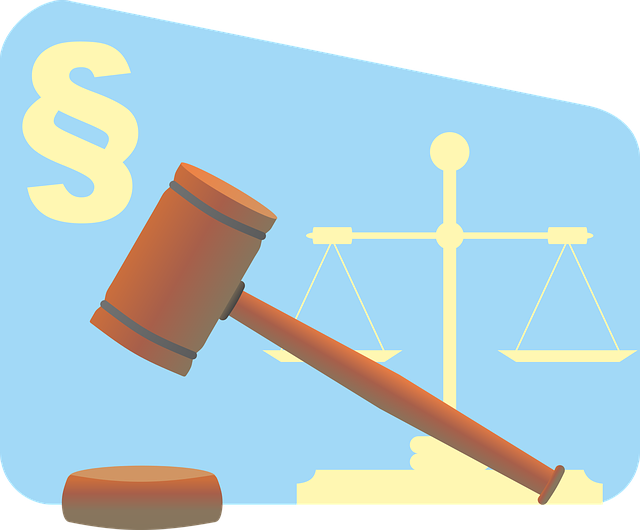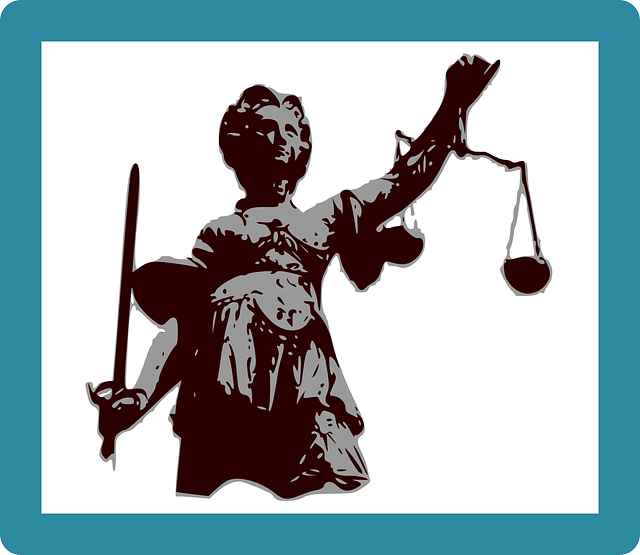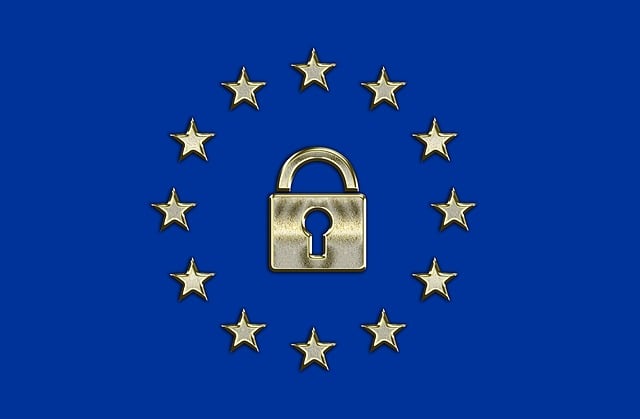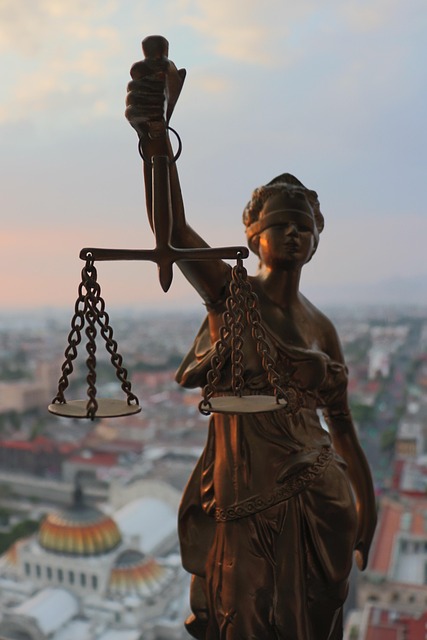Regulatory fraud laws protect consumers and investors through ethical business practices, with severe penalties for violations, especially in personal injury cases. Professionals like lawyers, accountants, and financial analysts prevent and detect fraud through specialized knowledge and technology. Understanding the Steps in a Personal Injury Lawsuit Process is crucial for both businesses aiming to comply and individuals seeking justice. The process involves gathering evidence, legal consultation, filing paperwork, potential mediation or trials, and seeking compensation while facing severe legal repercussions. Individuals charged with fraud should secure criminal defense representation familiar with these steps for effective navigation through law enforcement and regulatory bodies.
Regulatory fraud laws are designed to protect the public from deceptive practices within various industries. This article explores the intricate world of these laws, offering a comprehensive guide on understanding, preventing, and combating fraud. We delve into key aspects such as defining regulatory fraud, the professional’s role in its mitigation, and the specific steps involved in a personal injury lawsuit stemming from fraudulent activities. Additionally, we examine penalties and remedies, shedding light on the consequences of violating these crucial regulations.
- Understanding Regulatory Fraud Laws: Definition and Scope
- The Role of Professionals in Preventing and Detecting Fraud
- Steps Involved in a Personal Injury Lawsuit Related to Fraud
- Penalties and Remedies for Regulatory Fraud Violations
Understanding Regulatory Fraud Laws: Definition and Scope

Regulatory fraud laws are designed to protect consumers and investors by ensuring businesses operate ethically and transparently. These laws cover a wide range of activities, from misleading advertising to false reporting, and can involve both criminal and civil penalties. Understanding regulatory fraud laws is crucial for both businesses aiming to comply and individuals seeking justice in cases of deception. In the context of personal injury lawsuits, these laws play a significant role when a company’s fraudulent practices lead to harm or loss for an individual.
The scope of regulatory fraud encompasses various steps in a personal injury lawsuit process. For his clients facing such charges, it’s essential to gather solid evidence and consult legal experts who can navigate the complexities. Jury trials are often a pivotal part of achieving extraordinary results in these cases, as they provide a public platform for exposing fraudulent activities. By holding accountable those who engage in regulatory fraud, these laws not only serve as deterrents but also ensure that victims receive the compensation they deserve.
The Role of Professionals in Preventing and Detecting Fraud

In the fight against regulatory fraud, professionals across various sectors play a pivotal role in both prevention and detection. Lawyers, accountants, and financial analysts are on the front lines, equipped with specialized knowledge to identify red flags and potential illegal activities. They work closely with regulatory bodies to ensure compliance, reviewing documents, conducting audits, and providing expert advice to corporate and individual clients alike. This proactive approach significantly reduces risks and helps maintain integrity within the respective business, philanthropic, and political communities.
Moreover, these professionals employ advanced technologies and data analytics to uncover complex fraud schemes. By staying abreast of evolving legal frameworks and industry best practices, they can guide their clients through the steps in a personal injury lawsuit process, should any misconduct arise. Their expertise is crucial in navigating regulatory hurdles, ensuring fairness, and upholding the law, thereby fostering transparency and accountability across all sectors.
Steps Involved in a Personal Injury Lawsuit Related to Fraud

When navigating a personal injury lawsuit related to fraud, understanding the steps involved is crucial for success. The initial phase comprises gathering evidence and consulting with an experienced attorney who specializes in white-collar defense or personal injury litigation. This expert will assess your case, advise on potential legal avenues, and help construct a solid strategy. They’ll gather and review relevant documents, conduct interviews, and, if necessary, preserve digital evidence to support your claim.
As the process advances, the attorney will file the necessary legal paperwork initiating the lawsuit for their clients. This includes detailed statements outlining the nature of the injury and resulting damages. The case may then progress through various stages, including mediation attempts to resolve the dispute out of court, or it could move towards jury trials if a settlement cannot be reached. Through each step, the attorney will guide their client, ensuring all legal requirements are met and providing representation aimed at achieving the best possible outcome.
Penalties and Remedies for Regulatory Fraud Violations

When individuals or entities engage in regulatory fraud, they face severe consequences under the law. Penalties for such violations can include substantial fines, imprisonment, or both. The specific sanctions depend on the jurisdiction and the severity of the offense. These penalties aim to deter future fraudulent activities and protect the public from harm.
Remedies for regulatory fraud often involve a multi-faceted approach. Law enforcement agencies may initiate criminal proceedings against the perpetrators, while regulatory bodies conduct their own investigations. This ensures that all aspects of the fraudulent behavior are addressed. For his clients facing such charges, it’s crucial to seek legal representation specializing in general criminal defense and understanding the intricate steps in a personal injury lawsuit process, as all stages of the investigative and enforcement process require meticulous navigation.
Regulatory fraud laws are essential tools for maintaining integrity within various industries. By understanding these laws, professionals can play a pivotal role in preventing and detecting fraudulent activities. When personal injuries result from regulatory violations, the steps involved in a lawsuit process—from initial assessment to penalty enforcement—are crucial for justice and deterrence. Remember that each case is unique, requiring meticulous navigation through legal complexities. Through knowledge and vigilance, we can foster an environment where compliance prevails and fraud is kept at bay.






